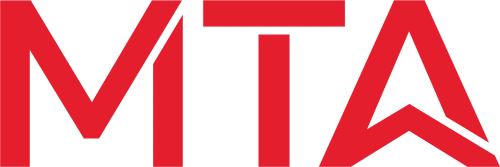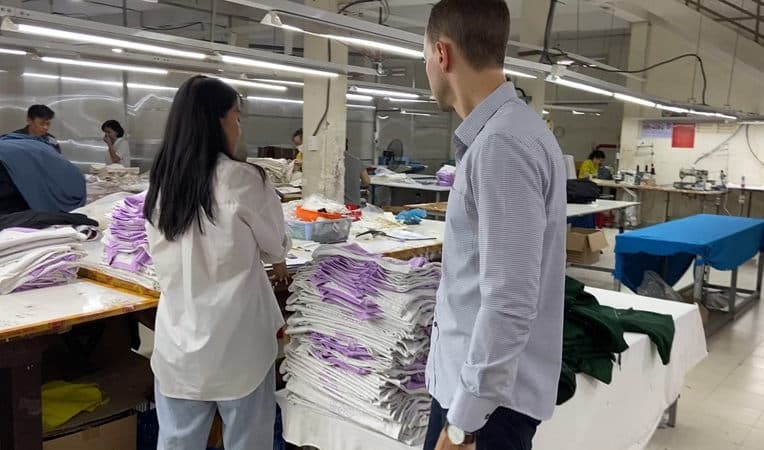In today’s global market, ensuring consistent product quality through effective sourcing is paramount. This challenge is magnified for businesses tapping into Vietnam’s burgeoning manufacturing sector.
This article explores a comprehensive approach to procurement in Vietnam, emphasizing rigorous supplier evaluation, persistent quality control, and thorough final inspections.
🔎 With our office in Ho Chi Minh City, Vietnam, we specialize in providing comprehensive due diligence, quality control, and final inspection services for the shoe industry. Our expertise covers the entire country, enabling us to assist international clients in thoroughly vetting manufacturers. We have a proven track record of helping European and American businesses avoid scams and secure reliable partnerships within Vietnam’s manufacturing landscape.
Share your specific requirements and the current stage of your sourcing process with us. We can visit factories, conduct thorough vetting, and provide transparent recommendations on trustworthy manufacturers, wholesalers, or suppliers across Vietnam. Once your mass production is underway, we can monitor the entire process and perform quality control checks, along with the final inspection of your goods. In short, we can act as your procurement team in Vietnam, ensuring that your product specifications are met and your business is safeguarded from potential risks 🤝.
Success in business strongly depends on the quality of products that the company offers. High-quality products not only satisfy customers but also promote the reputation of the business and save the cost of returns and replacements. High quality in overseas sourcing, particularly in Vietnam, offers a complex challenge that calls for strategic planning and execution.
Video Highlight: Quality Control Monitoring in Vietnam
This video is based on insights taken from the very comprehensive video on Vietnam sourcing, with the main focus on ensuring quality with the products being sourced.
The video insists that this is a very rigorous procurement approach on the topic; for instance, supplier selection, quality control processes, and final inspections.
Understanding the Vietnam Sourcing Landscape
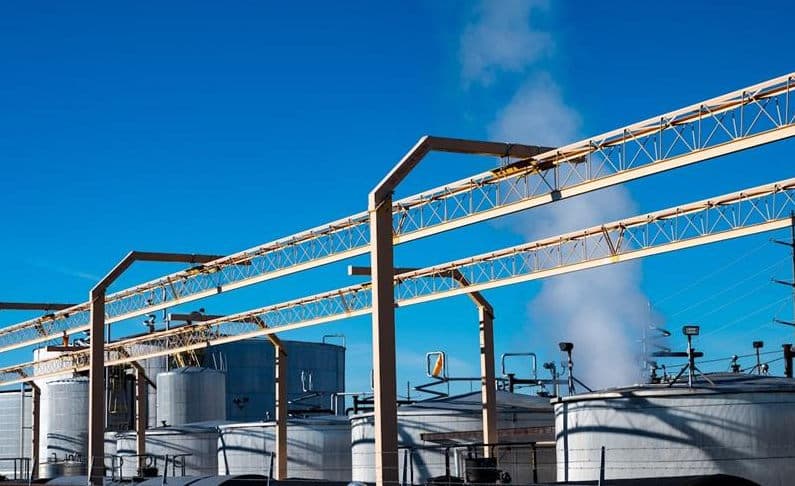
Vietnam as a Manufacturing Country
Vietnam has emerged as one of the significant countries in the global landscape of manufacturing, driven by its competitive labor cost and other better business-friendly conditions. The country supplies a wide array of products, thus making it most conducive to companies aiming at diversifying their supply chains.
Common Product Categories Sourced from Vietnam
The country is well-known for manufacturing various types of product categories that include:
- Footwear
- Furniture
- Textiles and garments
- Electronics
- Agricultural products
Challenges and Opportunities of Sourcing from Vietnam
Sourcing from Vietnam is also full of challenges, and equally important, many opportunities. The challenging aspects include regulatory requirements, management of logistics, and consistency in quality. On the other hand, the country offers a huge pool of skilled manpower, growing infrastructure, and rising trade agreements.
The Critical Role of Inspections in Global Supply Chains
Ensuring product quality is paramount in today’s globalized market. To guarantee customer satisfaction and protect brand reputation, businesses must implement robust quality control measures. This involves a combination of pre-production and final inspections.
Defect Reduction and Cost Minimization through Quality Control
Quality control helps in the reduction of the number of defective items and in minimizing the costs related to rework, returns, and warranty claims. Effective quality control ensures that the final product is in compliance with customer expectations and in conformance with government regulations.
Implement an Effective Quality Control System
An effective quality control system shall include the following:
- Set up inspection checkpoints at critical points in the manufacturing process
- Corrective action on such identified issues
- Document and track quality metrics
In-House Quality Control: Strengths, Weaknesses, and Alternatives
In-house quality control offers various advantages, such as better cost control, process control, and improvement of processes.
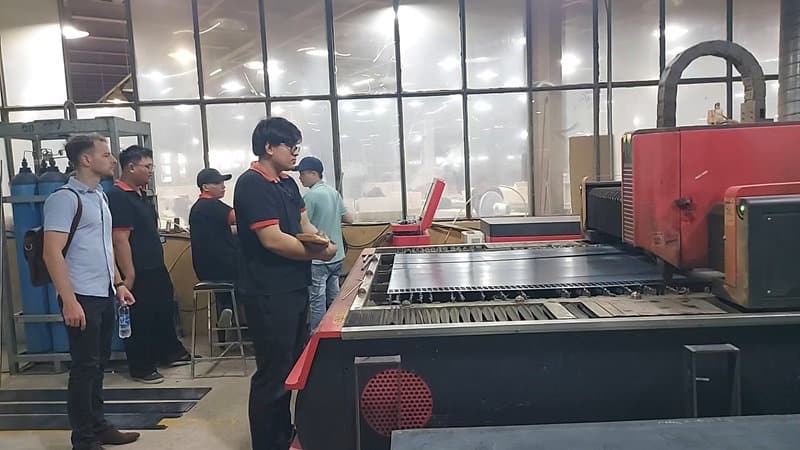
However, it also has a few disadvantages, such as a general lack of specialized skill, resource constraints, bias, and distraction from core business activities.
Strengths of In-House Quality Control
- Cost-Effective: More cost-effective in the long term for volumes of high production.
- Control: Having control over quality processes and product standards is possible.
- Process improvement: Increased knowledge of production processes may lead to efficiency improvements.
- Confidentiality: Proprietary information/ intellectual property is protected.
Weakness of In-House Quality Control
- Limited expertise: Specifically, in quality engineering, statistical process control, and advanced inspection techniques.
- Resource constraints: Need dedicated personnel, equipment, and infrastructure.
- Possible bias: Being too close to the production may let the issues go unseen.
- Distraction: Resources may be diverted from core business activities.
Sourcing Agents as a Third-Party Solution
Companies virtually always outsource to sourcing agents for third-party solutions to in-house quality control limitations. The sourcing agent offers a collection of quality control services, including:
- Supplier audits: They are conducted to check the capabilities and compliance of suppliers.
- Product inspections: Verify the quality of products against specification conformance standards.
- Quality control consulting: Providing professional expertise with a reason for advice on quality systems.
With sourcing agents, companies can obtain extra special knowledge that gives them capability to acquire things at lower costs and make better quality products.
A Hybrid Approach
Many companies found the best way to go about things is a hybrid approach where quality control is both in-house and outsourced. Such an approach will let businesses have control over all the critical elements while taking help from external expertise where it may be available.
Business needs to assess its strengths and weaknesses related to in-house quality control and third-party services, after which a proper QA strategy will have to be pursued and implemented with a view to addressing the specific needs and objectives of the businesses.
Supplier Due Diligence to Build a Strong Foundation
“Imagine the scene: An experienced sourcing agent enters a busy Vietnam-based shoe factory for the first time. She wasn’t there just to inspect the shoes; she was there to inspect the legitimacy and credibility of the factory itself. With her clipboard ready and armed with years of experience, they started off with a dedicated look into the qualification of the factory.”
Effective supplier due diligence is essential for building a supply chain that will not fail.
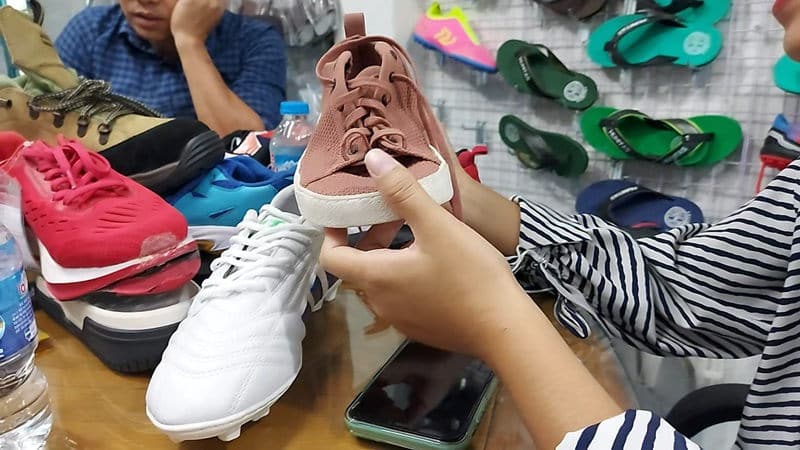
Rigorous assessment of the supplier, facility, and production process empowers businesses to:
- Mitigate Risks: Factor the risk of quality problems or compliance issues into your plan early on
- Optimize Supplier Selection: Select partners that can produce products that meet strict standards
- Drive Collaboration: Establish open lines of communication and shared quality goals
- Avoid Costly Mistakes: Reduce rework, returns and reputational harm
Some of the key elements pertaining to due diligence during pre-production include:
- Extensive audits and review of suppliers
- Thorough review of production facilities and equipment
- Stringent review of the quality management system
- Careful raw materials and components inspection
Quality Control for Safeguarding Product Integrity
“Quality control in furniture making is a specialized activity informed by technical knowledge about woodworking. It involves knowledge of joinery techniques, characteristics of woods, finishing methods, and the study of structural integrity. In the absence of such specialized knowledge, it becomes very difficult to ensure the quality and durability of furniture products.”
Effective quality control is a proactive process that spans the entire production cycle.
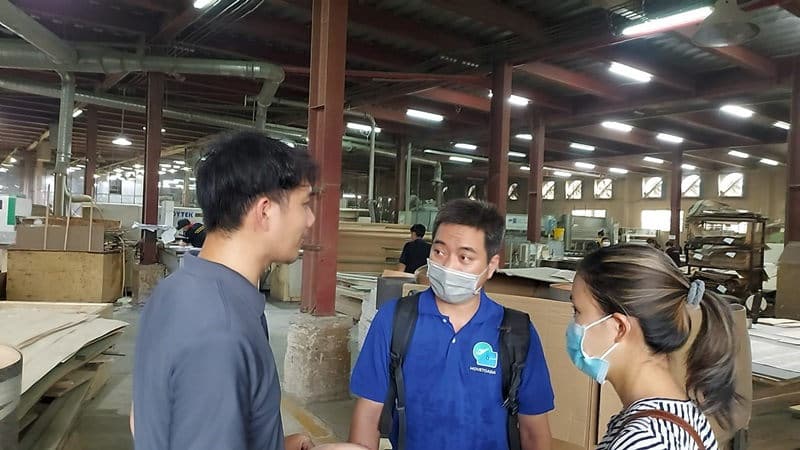
By implementing robust checks at every stage, businesses can:
- Enhance product consistency: Ensure products meet specified standards.
- Accelerate problem resolution: Detect and rectify defects promptly.
- Optimize resource utilization: Minimize waste and rework.
- Strengthen customer satisfaction: Deliver products that exceed expectations.
The Importance of Supplier Collaboration
Open and transparent communication with suppliers is vital for maintaining product quality. By fostering a collaborative relationship, businesses can:
- Share quality objectives: Align expectations and goals.
- Identify and address challenges: Work together to overcome obstacles.
- Drive continuous improvement: Implement innovative solutions.
- Build long-term partnerships: Strengthen business relationships.
Final Inspection to Ensure Product Perfection
“After being cut, these straws must go through a meticulous process, including being dried three times to ensure durability and hygiene. Inspectors must ensure each batch undergoes this process and meets all quality standards before shipping.”
A meticulous final inspection is the final safeguard against product defects.
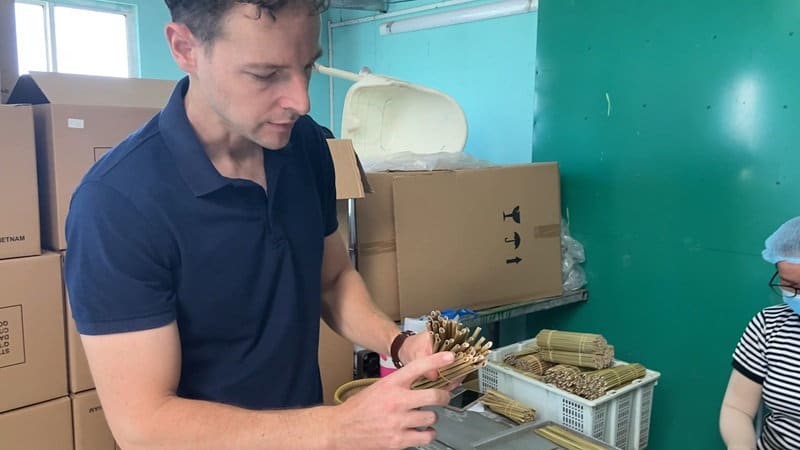
By conducting thorough examinations, businesses can:
- Prevent shipping defective products: Protect brand reputation and customer satisfaction.
- Identify root causes: Analyze defects to improve overall product quality.
- Ensure regulatory compliance: Meet industry standards and legal requirements.
Best practices for effective final inspections include:
- Statistical sampling: Inspect a representative sample of products.
- Detailed checklists: Use comprehensive inspection criteria.
- Trained inspectors: Employ knowledgeable personnel.
- Prompt corrective action: Address identified issues immediately.
Common quality issues uncovered during final inspections include:
- Dimensional inaccuracies
- Surface defects and finish problems
- Packaging deficiencies
- Functional failures
The Benefits of Partnering with a Sourcing Agent in Sourcing
Partnering with a good sourcing agent can help your company improve on procurement process and supply chain in general as they use their local familiarity, industrial knowledge and contacts to bring so much advantages.
Streamlining the Procurement Process
Sourcing agents are entities that facilitate the sourcing and good procurement process for businesses. They get to know your business and understand the type of goods and supplier you are looking for and then navigate the complex world of overseas suppliers to find the best fit supplier for you.
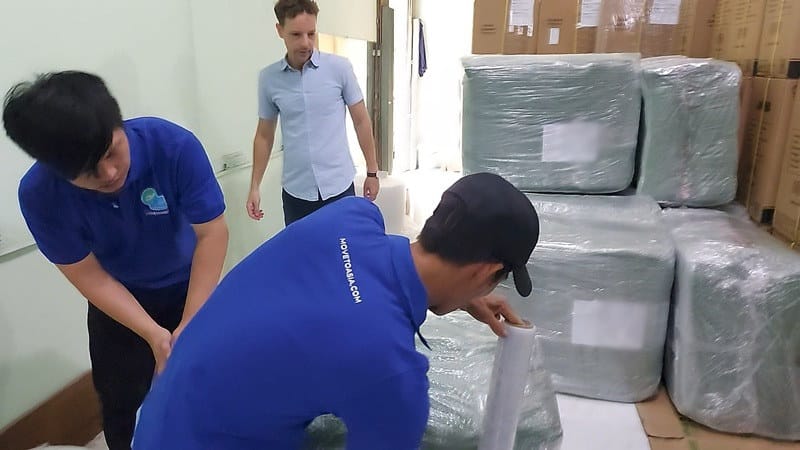
They then negotiate prices and MOQ with suppliers, manage product development (including sampling), assure quality control, coordinate logistics and finally ship goods to your doorstep. Using a sourcing agent is like having a full time employee in the country where you are looking to source who can hit the ground running.
Deep Market Knowledge and Expertise
Sourcing agents have extensive knowledge of the local market, industry, regulations, culture and suppliers which is very important to reduce the risks and make right decisions. A sourcing agent can help you with this knowledge on how to develop credible sourcing strategies and establish good supplier partnership in China.
Enhanced Quality Control
Sourcing products from another country can be a gamble because you are trusting someone to produce a physical sample or product brand exactly to your design. As the old saying goes, “A picture tells a thousand words”, but this counts for nothing if the image hasn’t been accurately translated in manufacturing terms! Luckily, most sourcing agents work with reputable quality control specialists that will perform stringent inspections at every stage of the production process.
Customized Solutions and Flexibility
Sourcing agents provide customized solutions to cater to the specific requirements of each individual client. Be it small scale sourcing or large scale production, they are apt to meet all types of business requirements. They can facelift their services with the changing market trends, product features and sudden hassles thereby enabling businesses to have the flexibility in taking risks and making profits in a fast paced global environment.
Risk Mitigation
Importing from abroad can mean many risks such as supply chain disruption, quality problem and monetary loss. A sourcing agent can be very helpful in controlling those risks by doing extensive supplier assessment, quality control and logistic management. You will save a lot of headache by using their expertise so that you can focus on your core business.
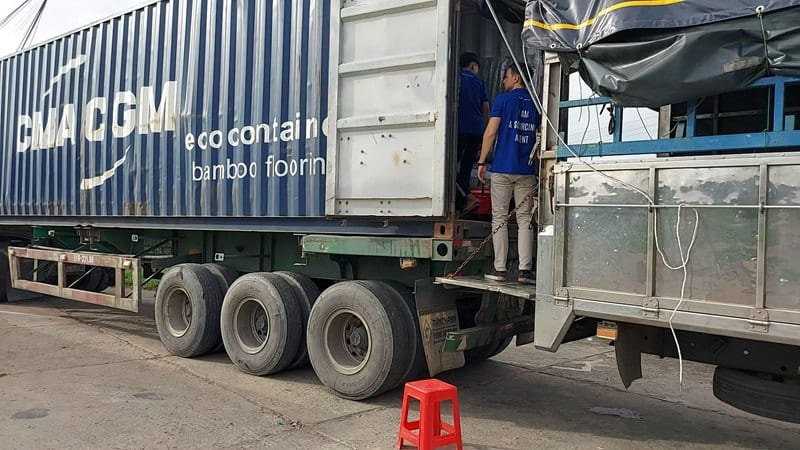
By partnering with a sourcing agent that has the right level of qualifications and expertise, businesses can tap into the full potential of global sourcing to drive operational effectiveness and attain sustainability in the long run.
In summary, one must follow a multi-faceted approach to ensure the achievement of quality and its maintenance in products outsourced from Vietnam. This includes rigorous selection of suppliers, strict control over quality, and fruitful collaboration. By applying all of the strategies outlined earlier in this article, a business is able to raise the quality of the products significantly, reduce risk, and enhance long-term customer trust. Making use of the services of sourcing agents can streamline the processes involved in procurement and smoothen operations. Ultimately, it is commitment to excellence in quality that will help in enduring success in the fiercely competitive global marketplace.
